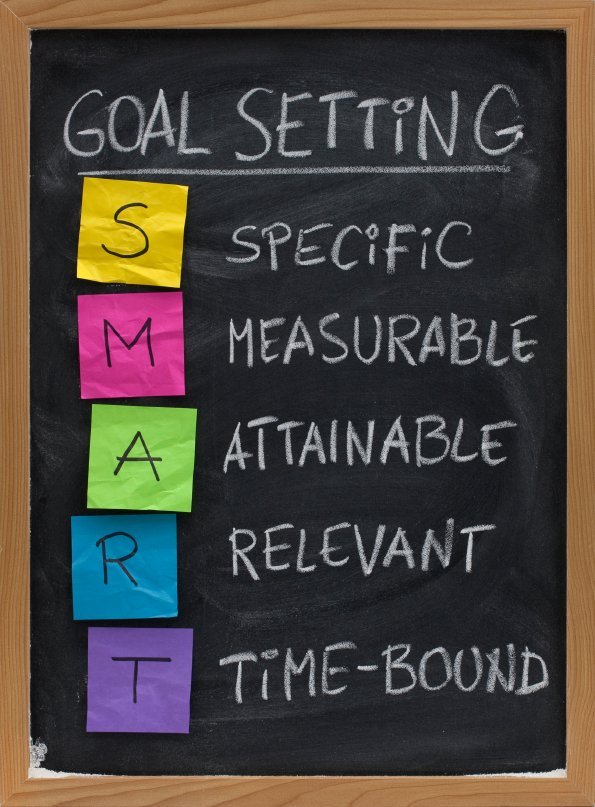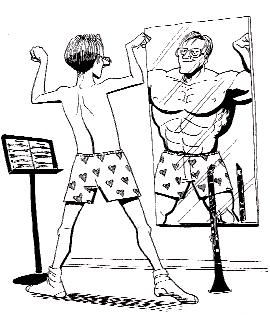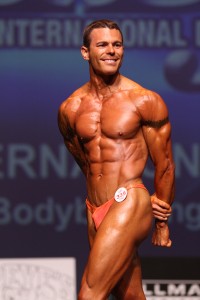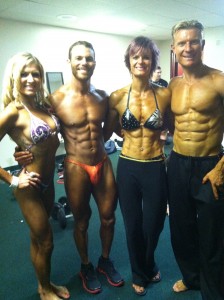Beth Colucci, IART Fitness Clinician
If you have ever set a goal, or at least thought about it, you’ve probably heard or read about setting SMART goals. I personally believe setting SMARTER goals is a bit more effective when the focus is on your fitness. I’ll explain what the “ER” stands for in just a moment but first for those that need a refresher let’s take a quick look at what a SMARTER goal is.

S – Specific – what exactly is it that you want to achieve?
M – Measurable – how will you measure your progress?
A – Attainable – are you being realistic about the goal you’ve set for yourself?
R – Relevant – how will reaching this goal affect your life?
T – Time Bound– when would you like to achieve your results by?
E – Energy Driven – how many calories (energy) will you eat, and how much physical energy (exercise) will you put in?
R – Results – did you achieve your goal? Why or why not? [Obviously, evaluating this step comes at the end of your time frame.]
When you set a SMARTER goal, you know where you want to go…but do you know why? I’m not talking about a simple reaction such as, “I want to look better.” I challenge you to dig deeper than that. Really ask yourself WHY you are working so hard and taking steps toward a healthier life. Are you working for a better you to…
- Set an example for your children?
- Feel better physically and mentally?
- Extend your life to be around for your grandchildren?
- Get off medication?
- Give yourself more happiness and confidence?
- Diminish or even erase any ailments you suffer from?

Whatever your reason, find it! Without this intrinsic motivator, it’s easy to forget why you started your health journey in the first place. Trust me when I say that I too have set goals for myself and let them fall to the wayside because they didn’t actually mean anything to me. However, any goal I have ever set that really meant something to my present and future I have been sure to attack it. Why the difference? When I know why I am pushing myself, I can continually remind myself what I want and why it’s important to me. That connection is key.
Every single person on this planet has a goal for themselves, whether emotional, physical, monetary, relationship-wise, etc. Take the time to define a SMARTER goal you have for yourself, and then take some extra time to figure out why you want to achieve that goal. This may take minutes, hours, or even days. Don’t rush the process, or you’ll only end up faking it. Once you’ve discovered what’s driving you, try writing down both your goal(s) and your “why(s)” and post it somewhere where you will see it every day. The visual will spark your intrinsic motivation over and over. Watch and see how your WHY will drive your actions, and your goals will seem all that much easier to conquer.



